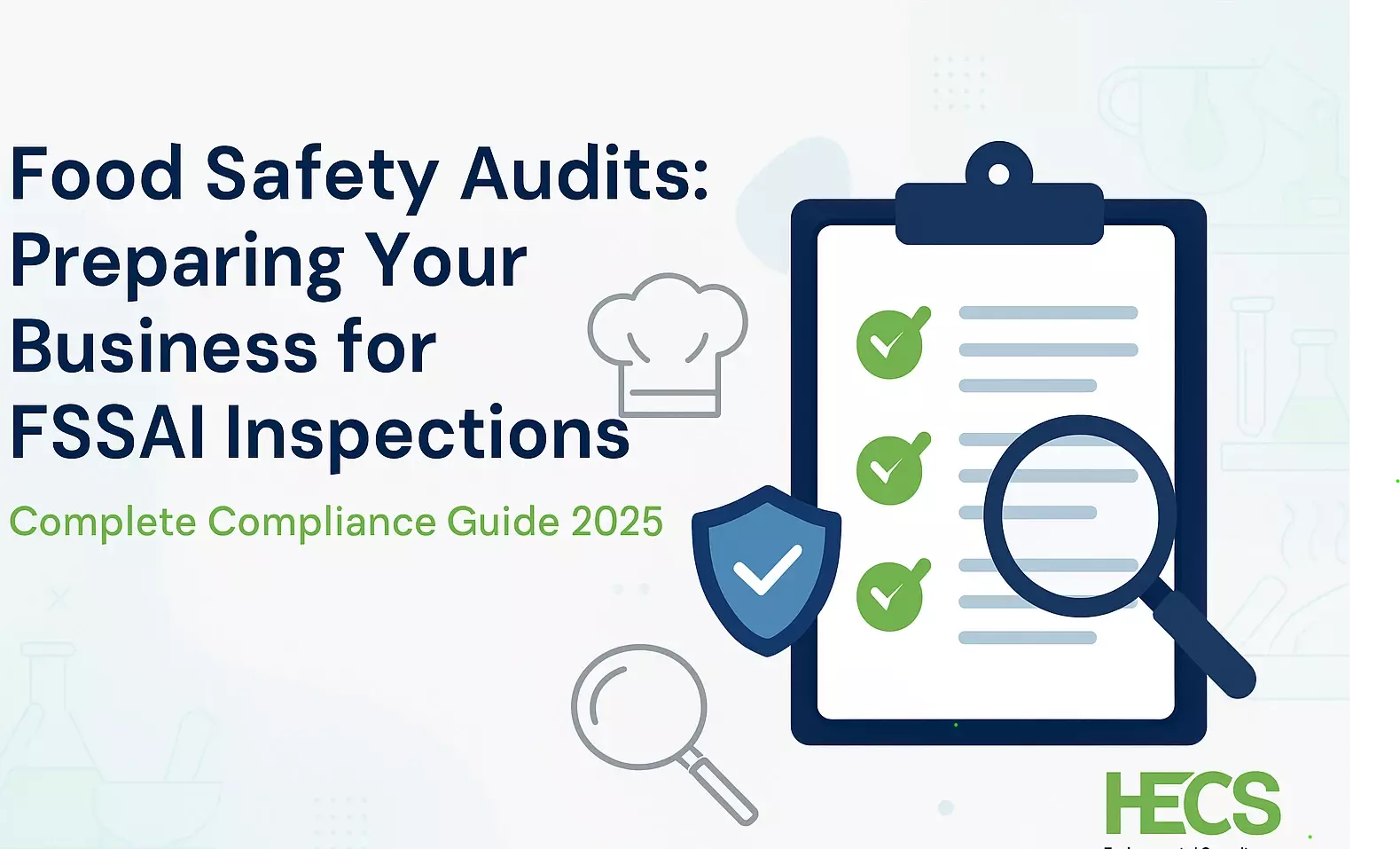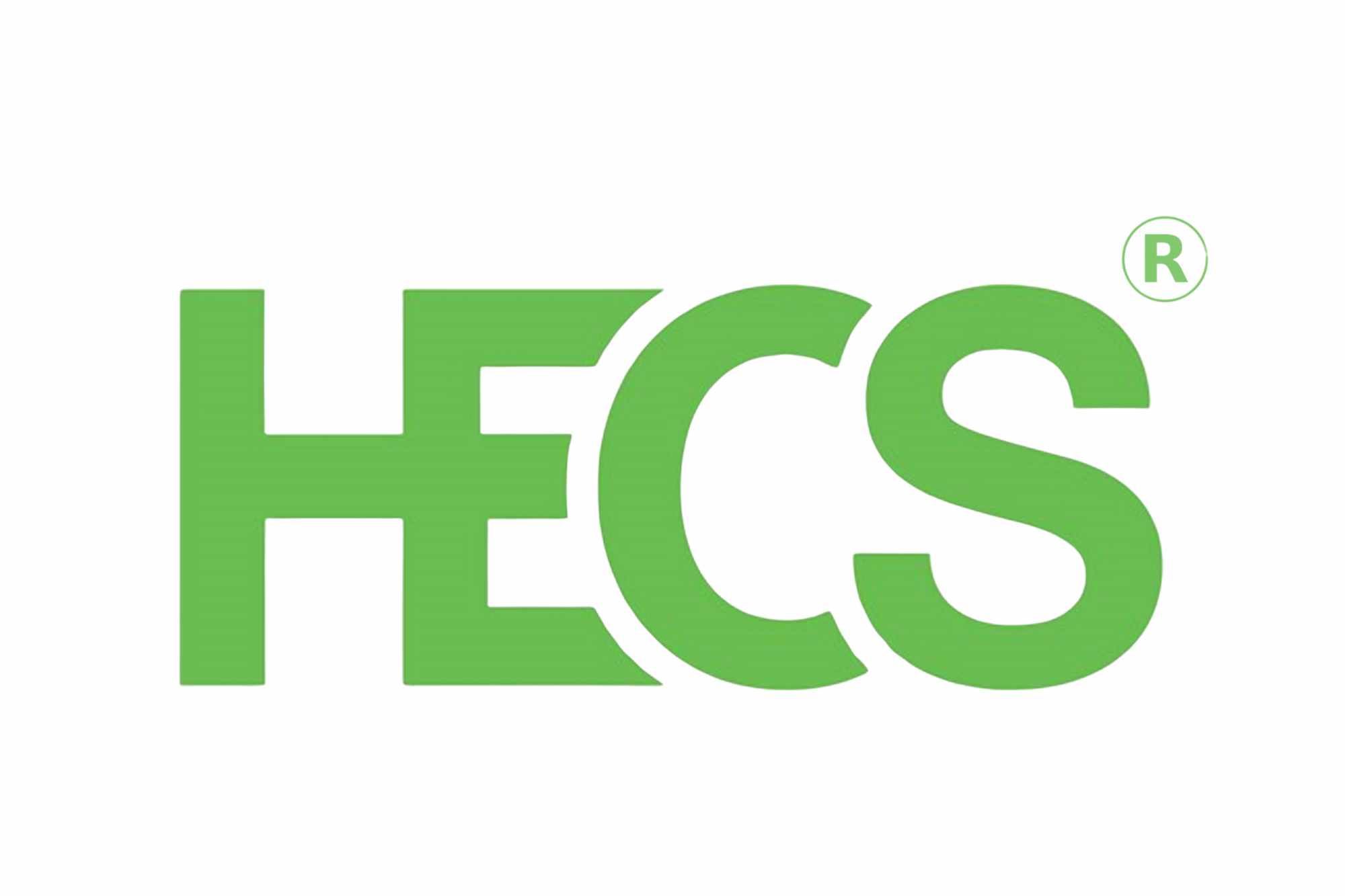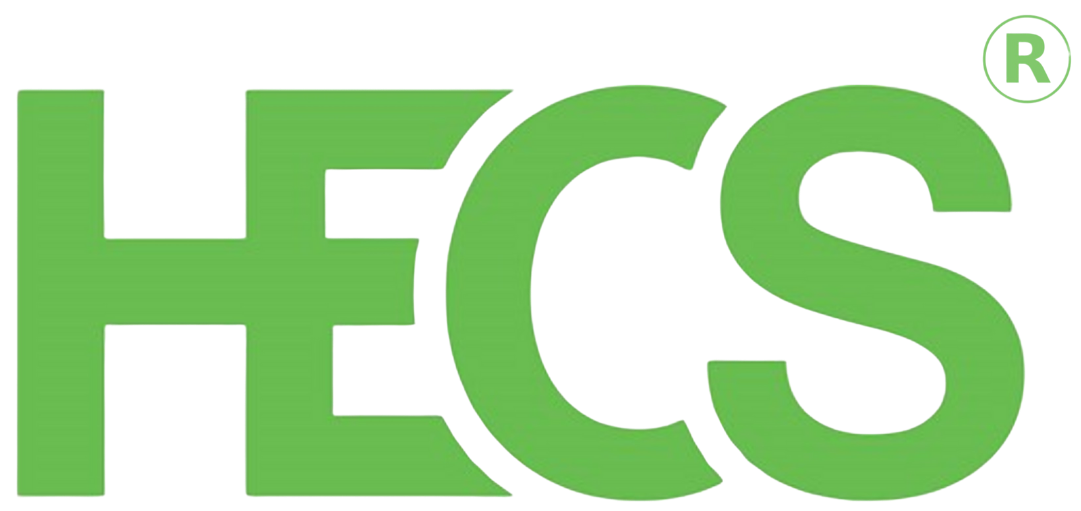
Food Safety Audits: Preparing Your Business for FSSAI Inspections

Food Safety Audits
In India's rapidly growing food industry, maintaining the highest standards of food safety is not just a regulatory requirement—it's a cornerstone of business success. Food safety audits serve as your business's first line of defence against compliance violations and play a crucial role in preparing for FSSAI inspections. Whether you're a restaurant owner, food manufacturer, or distributor, understanding the importance of systematic food safety audits can mean the difference between seamless operations and costly regulatory setbacks.
The Food Safety and Standards Authority of India (FSSAI) has established stringent food safety regulations in India to protect consumer health and ensure quality standards across the food supply chain. Regular food safety audits help businesses stay ahead of these requirements, identify potential issues before they become violations, and build a culture of food safety that resonates with customers and regulatory authorities alike.
What are Food Safety Audits?
Food safety audits are systematic, independent examinations of your food business operations to assess compliance with established food safety standards and regulations. These comprehensive evaluations examine every aspect of your food handling processes, from raw material procurement to final product delivery.
The audit process involves several types of evaluations:
- Internal Audits: Self-assessments conducted by your own team to identify gaps and ensure continuous improvement in food safety practices.
- Third-Party Audits: Independent evaluations performed by certified auditors who provide unbiased assessments of your food safety management system.
- HACCP Audits: Specialized evaluations focusing on Hazard Analysis and Critical Control Points, examining how well your business identifies, prevents, and controls food safety hazards.
- Food Hygiene Audits: Targeted assessments of sanitation practices, personal hygiene protocols, and environmental cleanliness standards.
These audits build trust with stakeholders, reduce compliance risks, and demonstrate your commitment to maintaining food safety standards in India. They also serve as valuable learning tools, helping businesses understand regulatory expectations and implement best practices proactively.
FSSAI Inspections and Compliance Requirements
FSSAI inspections are regulatory visits conducted by authorised food safety officers to ensure businesses comply with Indian food safety laws. These inspections can be routine, complaint-based, or triggered by specific incidents, making preparedness essential for all food business operators.
During FSSAI inspections, officers examine several critical areas:
- Documentation and Record-Keeping: Inspectors review licenses, registration certificates, supplier agreements, and maintenance of daily operational records.
- Food Hygiene and Sanitation: Assessment of cleaning protocols, pest control measures, waste management systems, and overall facility cleanliness.
- Food Quality and Safety: Examination of food storage conditions, temperature controls, cross-contamination prevention measures, and product quality standards.
- Staff Training and Health: Verification of employee health certificates, training records, and adherence to personal hygiene requirements.
- Labeling and Packaging: Review of product labels, nutritional information, allergen declarations, and packaging compliance.
Common reasons businesses fail FSSAI inspections include inadequate documentation, poor hygiene practices, improper food storage, lack of staff training, and non-compliant labeling. Understanding these failure points helps businesses focus their preparation efforts effectively.
How Food Safety Audits Enhance FSSAI Readiness and Business Growth?
Regular food safety audits act as practice runs for official FSSAI inspections, helping businesses identify and address compliance gaps before regulatory visits. This proactive approach significantly increases the chances of passing inspections successfully while reducing the stress and uncertainty associated with surprise visits.
Food quality audits also strengthen documentation practices, ensuring all required records are complete, accurate, and readily accessible. This preparation proves invaluable when inspectors request specific documentation during their assessment.
Another key advantage is staff training and awareness. Audits ensure employees understand their roles in maintaining compliance, respond confidently to inspector questions, and demonstrate proper food handling techniques when required. By conducting regular audits, businesses can ensure their food safety management system operates effectively and consistently meets national food safety standards.
Benefits of Regular Food Safety Audits
Beyond regulatory compliance, a strong food safety audit program brings multiple business benefits:
- Enhanced brand credibility: Businesses that demonstrate their commitment to food safety attract quality-conscious consumers and business partners.
- Customer trust and loyalty: Consistent adherence to food quality standards fosters positive reviews, repeat customers, and word-of-mouth recommendations.
- Financial protection: Proactive audits reduce the risk of penalties, legal issues, and costly product recalls, protecting both revenue and reputation.
- Smooth certification process: Businesses with strong audit records are seen as lower-risk candidates, often streamlining food safety certification approvals.
- Operational efficiency: Regular audits highlight opportunities to improve processes, reduce waste, and optimize resource allocation, ultimately boosting profit margins.
Essential Steps to Prepare Your Business for FSSAI Inspections
- Conduct Regular Food Hygiene Audits: Schedule monthly internal audits to assess sanitation practices, equipment cleanliness, and facility maintenance. Document findings and implement corrective actions promptly.
- Maintain Comprehensive Documentation: Keep all licenses, certificates, supplier agreements, and training records organized and easily accessible. Maintain daily temperature logs, cleaning schedules, and incident reports.
- Invest in Staff Training: Ensure all employees receive regular training on FSSAI compliance requirements, food handling protocols, and personal hygiene standards. Maintain training records and update them regularly.
- Optimize Food Storage and Handling: Implement proper storage procedures, maintain appropriate temperatures, prevent cross-contamination, and ensure first-in-first-out inventory rotation.
- Update Labeling Practices: Review all product labels for accuracy, completeness, and compliance with FSSAI labeling requirements. Ensure allergen information and nutritional details are current and correct.
- Establish Standard Operating Procedures: Develop clear, written procedures for all critical food safety activities and ensure staff follow them consistently.
Building a Culture of Food Safety Excellence
The importance of food safety audits extends beyond compliance—they help create a workplace culture where food safety becomes everyone's responsibility. When employees understand that audits are tools for improvement rather than punishment, they become active participants in maintaining high standards.
Regular audits facilitate continuous improvement by providing objective feedback on current practices and identifying opportunities for enhancement. This ongoing evolution ensures your business stays current with changing regulations and industry best practices.
Conclusion
Food safety audits are more than a compliance requirement—they are a long-term investment in your business’s credibility and success. By adopting systematic audit practices, companies not only stay prepared for FSSAI inspections but also build a strong foundation for sustainable growth in India’s competitive food sector.
Regular auditing turns compliance into a strategic advantage, positioning businesses as trusted leaders in food safety and quality. Instead of waiting for inspection notices, organisations should proactively conduct food safety audits to meet regulatory standards, protect consumer trust, and secure their reputation.
At HECS, we bring decades of expertise as the best environmental consultancy and operate one of India’s best food testing labs. Our certified professionals conduct in-depth audits and provide accurate testing services that help your business stay compliant, inspection-ready, and future-focused.
Take the next step toward food safety excellence—partner with HECS today to ensure your business meets every standard with confidence and continues to grow responsibly.
Share this post:





